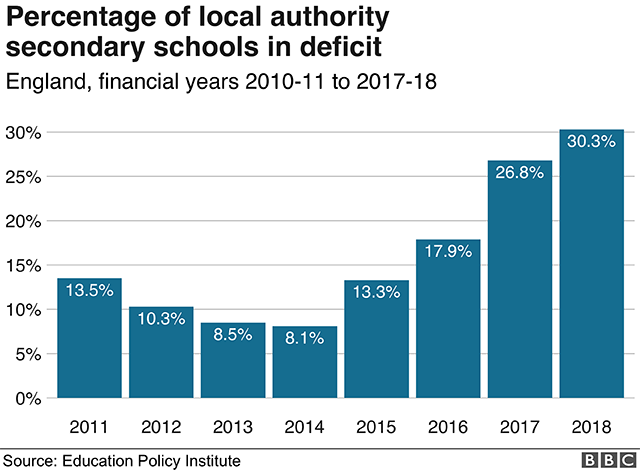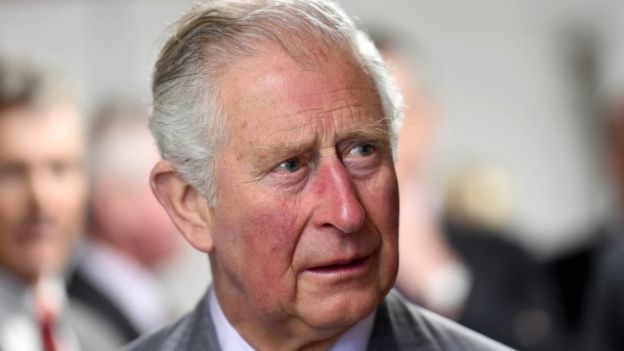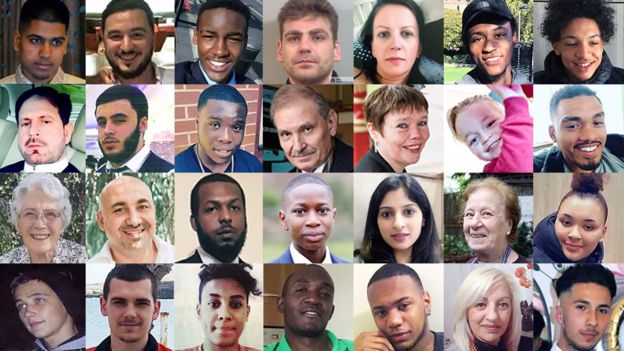Banking&Finance(wp/es):::
Crooks snatched a staggering £1.2 billion from our bank accounts last year through a series of frauds.
Roughly two thirds was essentially theft, with thieves taking money using stolen plastic cards, for instance.
When you become a victim of theft, the bank repays the money into your account.
But if you become a fraud victim by inadvertently transferring your hard-earned into a crook’s account, your bank is likely to say, “Tough, that’s your fault.”
Many people have lost tens of thousands through what is known as push-payment fraud.
That’s when smooth-talking crooks used sophisticated scams such as spoof phone numbers to trick you into thinking you’re being contacted by your bank or sometimes the police.
They usually have details about your account to increase the illusion that they’re legitimate and they use persuasive language to trick you into thinking you need to act quickly.
The clever pitch they use is that your account is under attack from fraudsters so you need to shift your money into a safe account at once.
But the callers are fraudsters themselves and the “safe account” is one that the crooks have set up.
Once you transfer your savings into it, the rogues will act quickly and move it on until it disappears into their treacherous pockets.
If you become a victim of the scam, most banks come down hard and say it’s your fault for not acting responsibly.
But victims point out that the fraud is so convincing that they felt they were given no option.
The situation has left many people out of pocket and the financial authorities unhappy with the banks’ treatment of victims.
From the end of next month, 28 May, it’s forcing banks to start playing fairer with customers and refund them unless they were “grossly negligent” or “ignored” a bank’s warnings about the scam.
However, the latter is a get-out clause for banks which could claim that a victim ignored an email or letter from the bank warning about the fraud.
Critics have been calling for some time for the banks to bite the bullet and protect customers by refunding innocent victims who get duped by the sophisticated scam.
The good news is that one of the high street giants has taken notice and from this week TSB has promised to refund anyone who has lost money because of the scam, although it hasn’t gone as far as offering to help past victims.
“All banks must now follow TSB’s lead and ensure that their own customers are not left paying for the cost of this crime,” said Jenny Ross, Which? Money editor. “Banks are far better placed to spot and prevent scams than their customers.”



